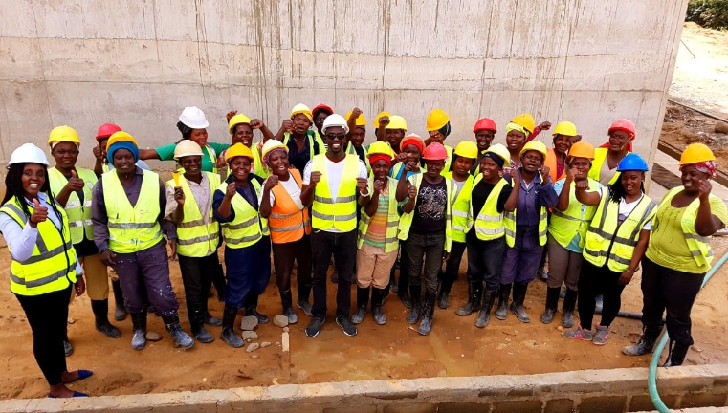In such a male dominated industry, it’s not often that we step back and acknowledge the many women in construction that have overcome barriers to help advance the field. Dating back to the 1800’s, women have made groundbreaking contributions to the construction industry, with some paving the way for future women to do the same.
In recent years, the percentage of women in construction has grown steadily, with the trend appearing to continue in that fashion for years to come. This can be attributed to the lack of gender barriers within the industry and an increase in simplicity when it comes to getting certified.
3 things that keep women away
Our research finds that three factors undermine women's recruitment, retention and progression in construction.
1. Long work hours.
A typical construction manager arrives on site at 6.30am, leaves after 6.30pm and does more work from home, six days a week.
A culture of "presenteeism" makes construction careers challenging for most people, but especially those with care responsibilities.
There is little tolerance for those who won't commit, and part-time, shared or flexible work doesn't exist. The problem is made worse by the push to complete projects on time and within budget, with no recognition by clients, including government, of the effects of these demands on the workforce or gender equality.
2. Sexism.
During the course of our research, we visited six sites across Australia. In the main entrance of one site, a safety sign noted there was a "penetration behind", and underneath was scribbled "Brooke LOL".
The construction manager said he had not even noticed the graffiti.
Unlike trip hazards that are spotted and rectified, sexist language goes unnoticed and unacted on.
3. Little support to return to work.
Despite the existence of formal parental leave policies in many large construction companies, our research found women had to strategise and negotiate their departure, return to work and career "survival".
In one large company we studied, 50 percent of women didn't return to work after parental leave. Parental leave was viewed as a cost to construction projects, with little recognition of the value it provided to women's career progression.
